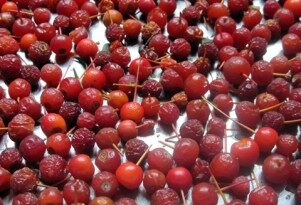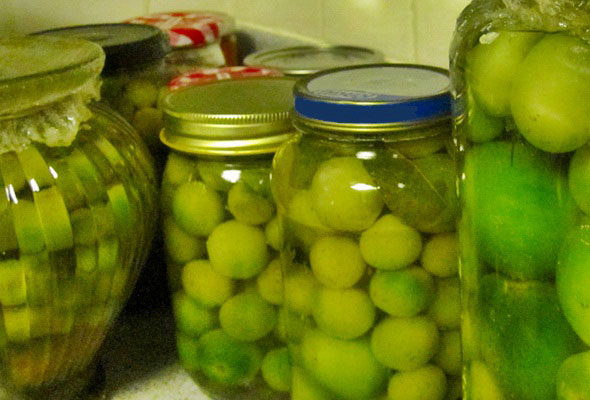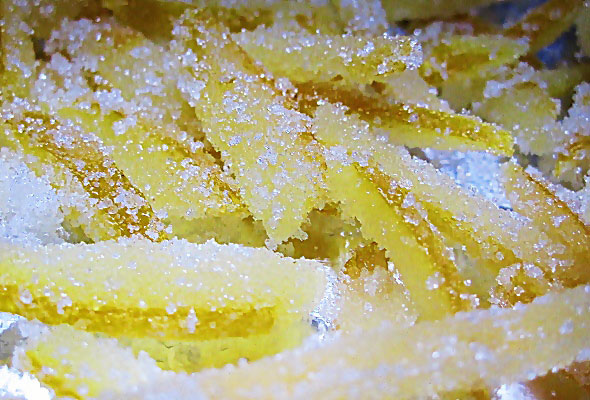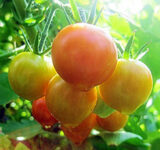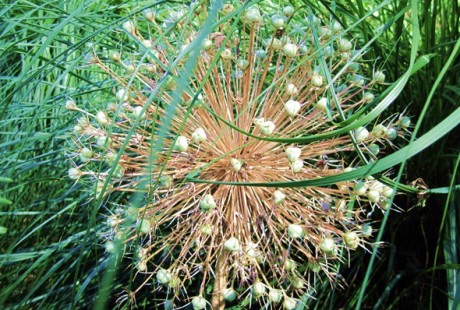lovage
If you haven’t cooked with lovage before I can tell you that you missed out on a very flavorful herb. Even though some people like to compare lovage to celery, it is almost like saying that an apricot tastes like a smaller denser peach. Lovage’s flavor is distinct and greatly appreciated by food aficionados, especially those who claim southern European heritage. This perennial herb brings fresh taste to soups, beans, fish, tomato sauces, pickles, etc. You name it, it goes with it. The Greeks and Romans used it regularly, that’s how old it is, and during the middle ages different healing properties have been attributed to lovage, some real, some not so much. It is true that it is mildly diuretic and vasodilator. This latter quality brings with it a warning: increased blood flow encourages bleeding, so it can create problems for pre-menopausal women and in very large quantities can cause miscarriage. I’m just writing this out of an abundance of caution, because in my many years of familiarity with this herb I never heard any story to back up the previous comment.
If you like lamb soups or stews, cook them with lovage once and you will not consider missing it again. Lovage and lamb is one of those never questioned combinations, like peas and carrots, cinnamon and brown sugar, or pickles and dill.
Lovage is one of the few herbs that don’t mind a little shade. Give it enough water and a rich soil and it will live in your garden for many years. It reseeds easily and mature plants will tower over your herb garden, so be careful where you plant it. It will grow over your head in just a few months.
If the previous qualities were not enough, here comes the icing on the cake. Lovage is a magnet for pollinators and makes a great home for the Black Swallowtail butterfly.
Well, I guess that pretty much wraps it up.




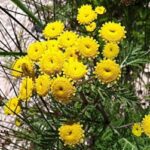 Next Post
Next Post
